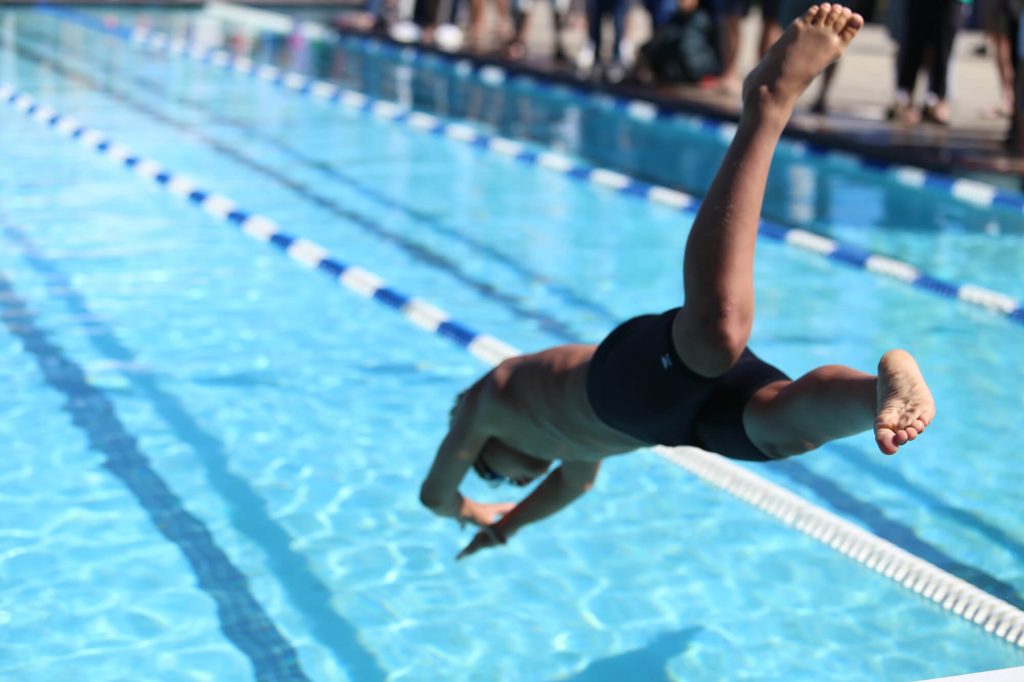Georgia COVID Update
The mandates in effect for Georgia organizations, including community associations, have been discontinued with Governor Kemp’s latest Executive Order issued May 28, 2021. The May 28th Order does not impose the previous requirement that condominium associations and HOAs implement certain measures and protocols to prevent the spread of COVID-19. Under the new Order, each community association’s board of directors may determine whether to continue mitigation measures in the best interest of their community.
Georgia Continues to Recommend CDC Guidance for Public Swimming Pools
While the May 28th Order does not mandate any requirements for community associations to take measures to curb the spread of COVID-19, the Georgia Department of Public Health continues to recommend that each public swimming pool operated incorporate the Centers for Disease Control and Prevention’s Guidance for Public Pools, Hot Tubs, and Water Playgrounds to reduce the exposure and spread of COVID-19. The State of Georgia defines HOA and condominium association swimming pools as public.
The Georgia COVID-19 Pandemic Business Safety Act May Still Help Protect the Association from Potential Liability
We have previously discussed on the NowackHoward Blog the need for community associations to comply with the Governor’s Executive Orders, the Georgia Department of Health and CDC Guidance, and the Georgia COVID- 19 Pandemic Business Safety Act (extended until July 14, 2022). The Act is a state law that limits claims for COVID-19 liability except in cases of gross negligence, willful and wanton misconduct, reckless infliction of harm, or intentional infliction of harm. The Act is not affected by the Governor’s May 28th Executive Order. Any change to the Act would have to be passed by the Georgia legislature.
Accordingly, the Act’s requirements for posting signs and taking some action to prevent the spread of COVID-19 in Georgia remain in effect. For a community association to receive the protections afforded under the Act, associations must continue to comply with its requirements, including keeping the required signage at entries and exits to common property such as lobbies, pools, clubhouses, and fitness centers. Associations also may want to continue to incorporate certain mitigation measures, such as making available sanitation supplies to encourage the users to enhance sanitation, to help ensure that the association is afforded protections under the Act.
*****
Contact the HOA Attorneys at NowackHoward to Help Advise Your Board of DirectorsAs always on our blog, this post is general information, and it is not legal advice. Your board of directors should contact your community association attorney for legal advice before making any


